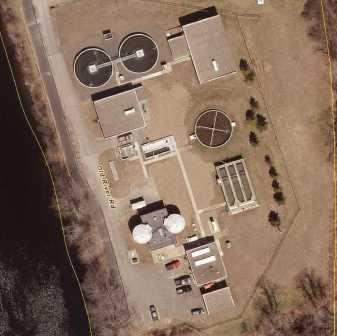INSTRUCTIONS: Right-click the image below to remove it or choose "Properties...". Then click the photo icon for "Choose Image" to change the photo. You do not have to change the picture width to a percent in this right-column. DO NOT USE THIS WITH THE "Generic Single-Column" TEMPLATE.

Contact Us
Location
50 Old River Rd
Canton, CT 06019
Mailing Address
P.O. Box 168
Collinsville, CT 06022
860-693-7867
Office Hours
M - F 7:00am - 3:30pm
John Kaminski
Superintendent
(860) 693-7867
(860) 693-7867
Troy Radcliff
Chief Operator
(860) 693-7859
(860) 693-7859